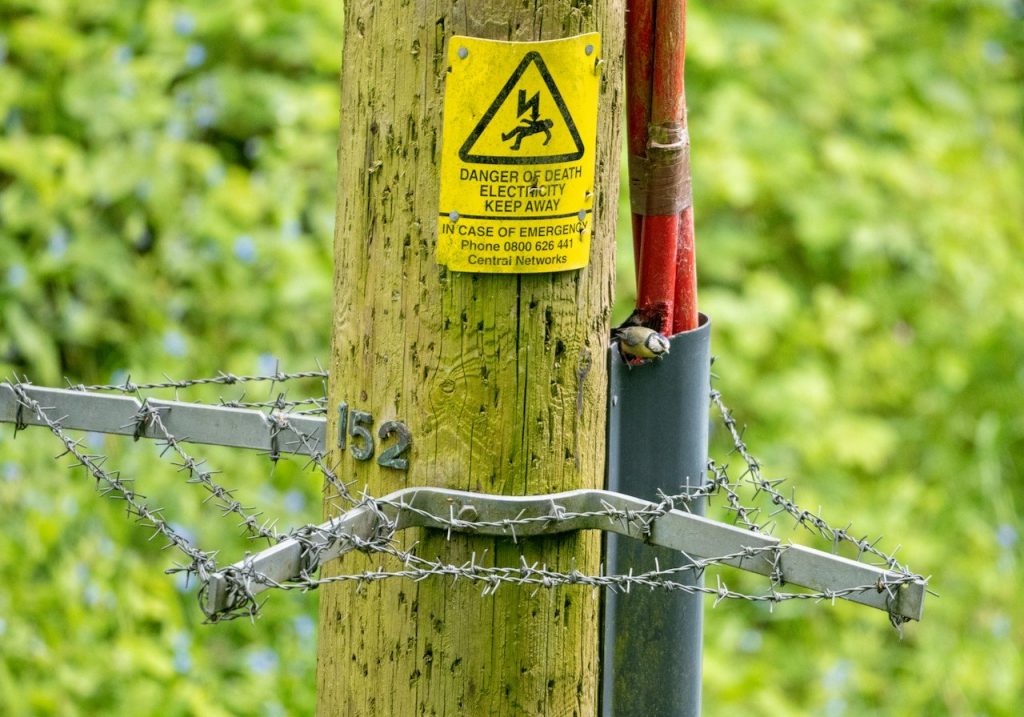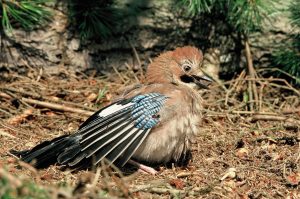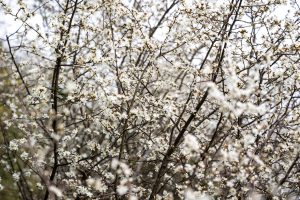Unexpected consequences
The Coronavirus lockdown impacted on just about every area of life. But as we start to return to some form of normality, we are beginning to find out more about some of the less obvious impacts of the lockdown.
Lower CO2 levels, reduced air traffic, reductions in noise levels and (in some locations) cleaner waterways have all been noticed and appreciated over the last few months. And it would seem it's not just us humans who have noticed these changes. Wildlife too has been quick to capitalise on the situation. Many of us have seen pictures of jellyfish reappearing in the cleaner canals of Venice, and closer to home, deer resting and feeding in a housing estate in Romford, Essex. And few can have missed the images of the now-famous goats visiting Llandudno in Wales.
But apart from these high profile media stories, there have been equally interesting but less well-reported examples as to how of wildlife has capitalised on the opportunities. For instance, it has been noted that the reduction in traffic could bode well for hedgehog numbers. This couldn't have come at a better time with numbers falling dramatically over recent years. Bees too are thought to be benefitting from the reduced traffic levels, again with fewer deaths due to cars. The reduced mowing of roadside verges and other areas where wildflowers can thrive provides those bees with more nectar on which to feed.
Although it has proved frustrating for those of us who have been unable to make the most of it, the weather has also proved to be an added bonus to wildlife. So far, spring and early summer 2020 has been warm and dry, giving wildlife an ideal opportunity to thrive. It will be interesting to see if the data covering this period shows an increase in insect numbers, something many bird species will be only too pleased to make the most of.
Sadly it is not all good news. Many charities have had to furlough staff and postpone work carried out by volunteers. As a result, the control of non-native plant species has been reduced. And with recycling centres closed the amount of fly-tipping has also increased. Sadly so too have the instances of the illegal shooting of birds of prey. These problems, on top of a reduction of income to charities, will pile even more pressure on them when they can get back to work.
The impact of the lockdown has also produced some rather more unexpected consequences. Before reserves reopen staff are having to check to see if birds have nested in the now quieter 'public' areas. Previously the movement of visitors would dissuade them, but now birds can be found a little too close to public spaces for their comfort or safety. Just one example of how wildlife has made the most of the situation, and how we humans need to look out for them in the weeks to come.
If you've noticed nest sites or other examples of how wildlife has made the most of the lockdown, please post a picture on the Vine House Farm Facebook page. Just make sure you don't disturb any of the animals you see and photograph.
It's good to see that mother nature has been quick to make the most of things, but it should also be seen as an opportunity for us to reflect on the world around us. Reflect on the impact we are having on it and to use the natural world as a refuge, somewhere to return to when everything else seems stressful. What happens in the future remains to be seen but let's hope that the benefits, currently enjoyed by the natural world, are maintained. There are few positives to come from the Coronavirus, during which so many will have lost loved ones, so if something positive can come from all this, however small, maybe we should all embrace it.
Whatever you do, stay safe!
© Phil Pickin



